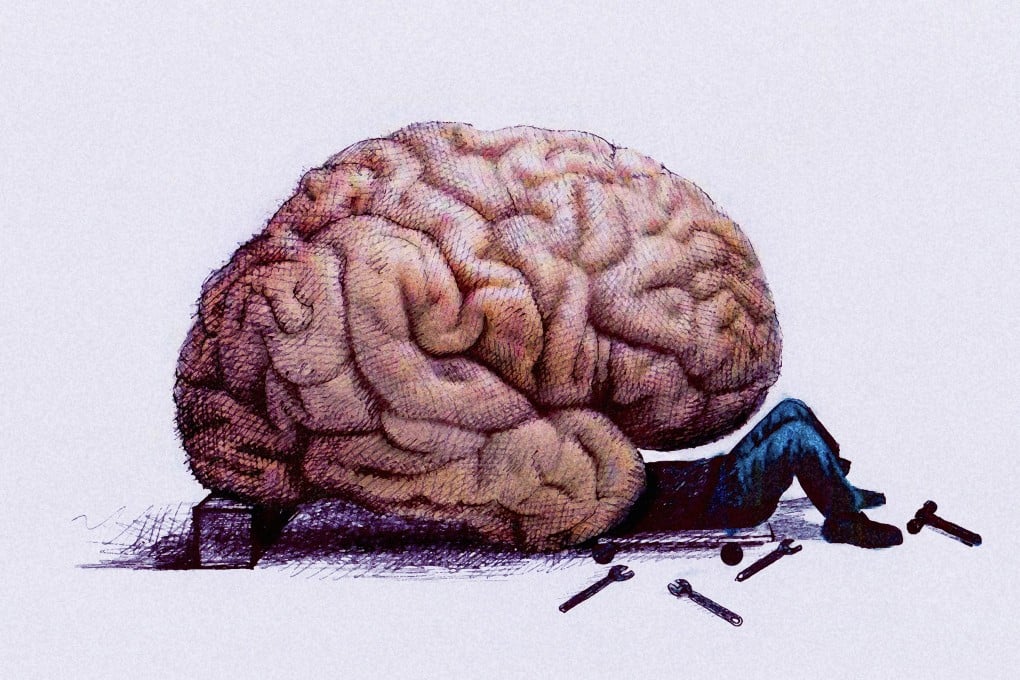Train GPs to spot problems early, says Hong Kong mental health survey

Family doctors should be enlisted to help diagnose people in the early stages of mental distress, so symptoms can be addressed before the need for a consultation with a psychiatrist. This will give them a better chance of recovery, Hong Kong experts advise.
The authors of a three-year survey of mental health in the city have called for primary care services to be boosted to screen for at-risk patients, and help ease the pressure on government psychiatric services. The full results have just been submitted to the Food and Health Bureau for review.
The bureau funded the HK$7 million Hong Kong Mental Morbidity Survey – the first territory-wide study to examine mental health.
The team interviewed a representative sample of 5,719 men and women aged 16 to 75 between 2010 and 2013. It estimated that 13.3 per cent of the population, or one in seven, suffer from anxiety, depression or other common mood disorders – a level comparable with most developed cities globally.
However, only 26 per cent sought professional help – mainly from psychiatrists – and very few consulted general practitioners. (On the mainland, only 5 per cent of the mentally ill had received treatment, according to a study of 63,000 people in four provinces quoted in the survey.)
More patients may have consulted doctors for physical conditions without recognising the underlying mood problems that affect their health, but the survey does not include such cases.